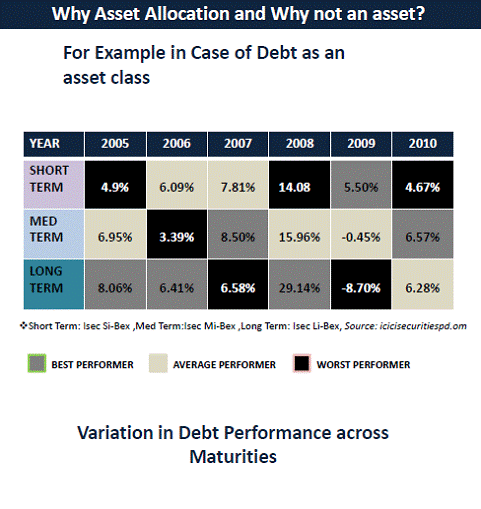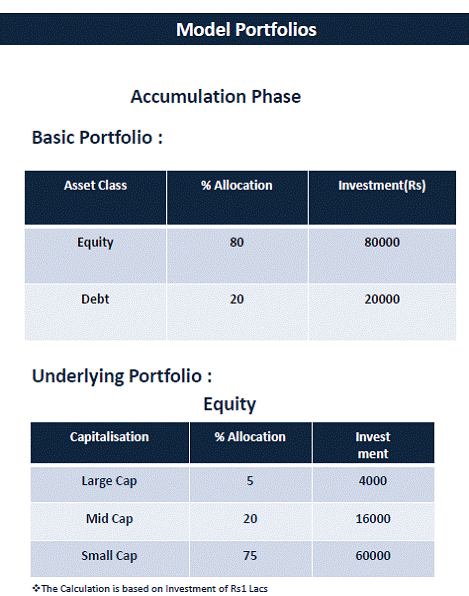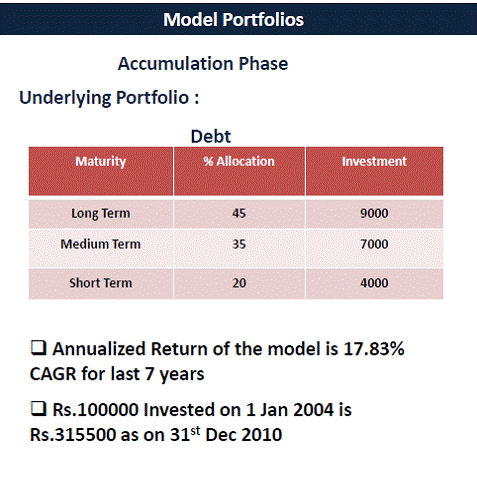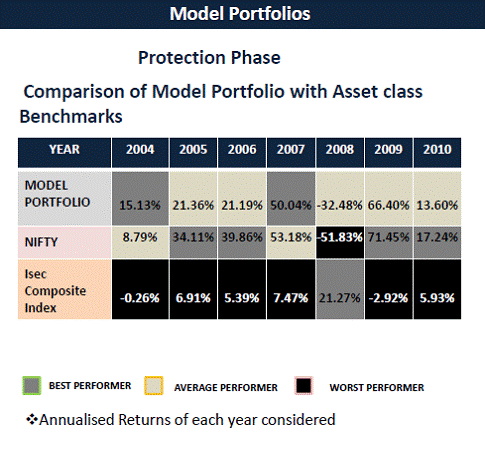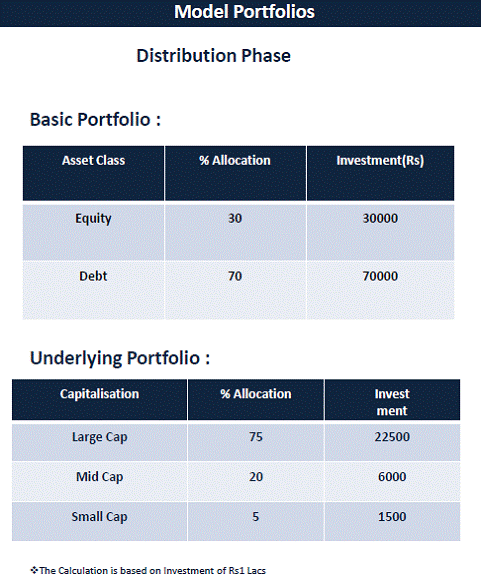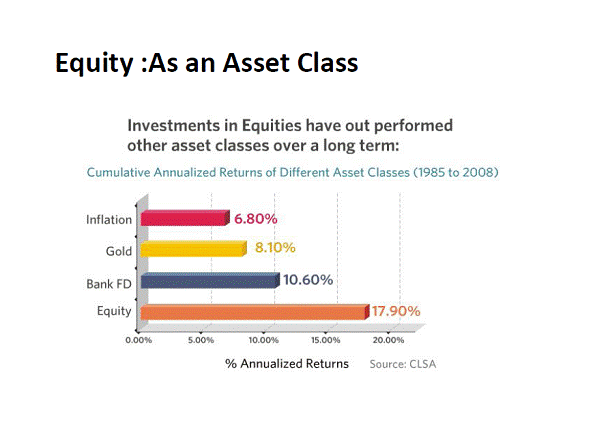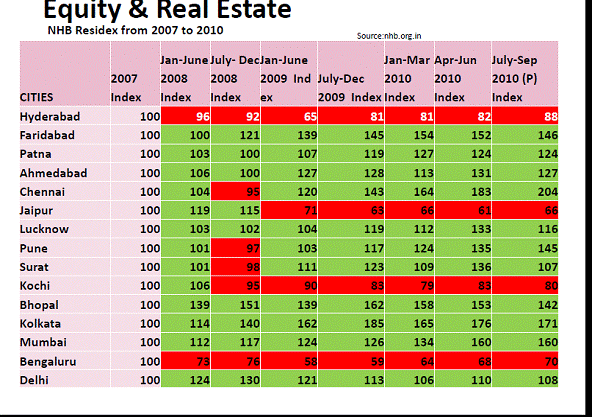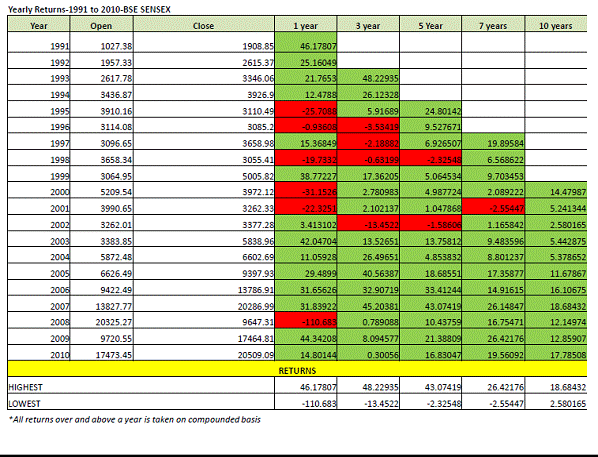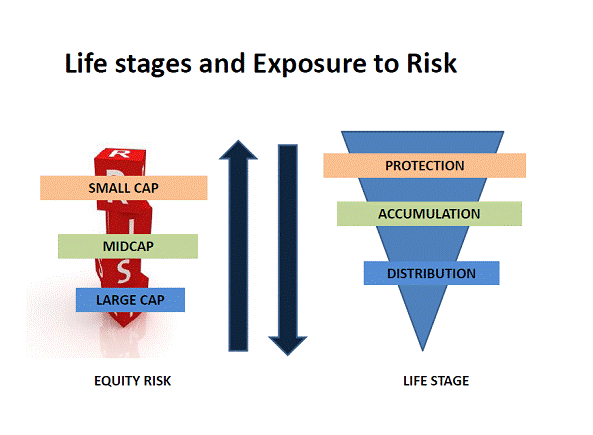Financial Planning & Strategy
 Financial Planning is the process of meeting your life goals through the proper management of your finances. Life goals can include buying a house, saving for your child's higher education or planning for retirement. The Financial Planning Process consists of six steps that help you take a 'big picture' look at where you are currently. Using these six steps, you can work out where you are now, what you may need in the future and what you must do to reach your goals. The process involves gathering relevant financial information, setting life goals, examining your current financial status and coming up with a strategy or plan for how you can meet your goals given your current situation and future plans.
Financial Planning is the process of meeting your life goals through the proper management of your finances. Life goals can include buying a house, saving for your child's higher education or planning for retirement. The Financial Planning Process consists of six steps that help you take a 'big picture' look at where you are currently. Using these six steps, you can work out where you are now, what you may need in the future and what you must do to reach your goals. The process involves gathering relevant financial information, setting life goals, examining your current financial status and coming up with a strategy or plan for how you can meet your goals given your current situation and future plans. The Benefits of Financial Planning
Financial Planning provides direction and meaning to your financial decisions. It allows you to understand how each financial decision you make affects other areas of your finances. For example, buying a particular investment product might help you pay off your mortgage faster or it might delay your retirement significantly. By viewing each financial decision as part of the whole, you can consider its short and long-term effects on your life goals. You can also adapt more easily to life changes and feel more secure that your goals are on track.
How to make Financial Planning work for you?
You are the focus of the Financial Planning process. As such, the results you get from working with a Financial Planner are as much your responsibility as they are those of the Planner. To achieve the best results from your Financial Planning engagement, you will need to be prepared to avoid some of the common mistakes shown above by considering the following advice:
Set Measurable Goals
Set specifictargets of what you want to achieve and when you want to achieve results.For example, instead of saying you want to be 'comfortable' when you retireor that you want your children to attend 'good' schools, you need toquantify what 'comfortable' and 'good' mean so that you'll know when you'vereached your goals.
Understand the effect of each financial decision
Each financialdecision you make can affect several other areas of your life. For example,an investment decision may have tax consequences that are harmful to yourestate plans. Or a decision about your child's education may affect whenand how you meet your retirement goals. Remember that all of your financialdecisions are interrelated.
Re-evaluate your financial situation periodically
FinancialPlanning is a dynamic process. Your financial goals may change over theyears due to changes in your lifestyle or circumstances, such as aninheritance, marriage, birth, house purchase or change of job status.Revisit and revise your Financial Plan as time goes by to reflect thesechanges so that you stay on track with your long-term goals.
Start planning as soon as you can
Don't delayyour Financial Planning. People, who save or invest small amounts of moneyearly, and often, tend to do better than those who wait until later inlife. Similarly, by developing good Financial Planning habits such assaving, budgeting, investing and regularly reviewing your finances early inlife, you will be better prepared to meet life changes and handleemergencies.
Top
FinancialPlanning is a common sense disciplined approach to managing your financesto reach life goals. It cannot change your situation overnight; it is alife long process. Remember that events beyond your control such asinflation or changes in the stock market or interest rates will affect yourFinancial Planning results.
Realize that you are in charge
If you'reworking with a Financial Planner, be sure you understand the FinancialPlanning process and what the Planner should be doing. Provide the Plannerwith all of the relevant information about financial status. Ask questionsabout the recommendations offered to you and play an active role indecision-making.
Financial Planning Strategy - Asset Allocation
Investing in equity
What is equity?
A stock or any other security representing an ownership interest. On a company's balance sheet, the amount of the funds contributed by the owners (the stockholders) plus the retained earnings (or losses). Also referred to as
"shareholders' equity".
In the context of real estate, the difference between the current market value of the property and the amount the
owner still owes on the mortgage. It is the amount that the owner would receive after selling a property and paying off the mortgage.
In terms of investment strategies, equity (stocks) is one of the principal asset classes. The other two are fixed-income (bonds) and cash/cash-equivalents. These are used in asset allocation planning to structure a desired risk
and return profile for an investor's portfolio.

 Top
Top

Asset Allocation: Debt- Equity
A Tool To Financial Planning
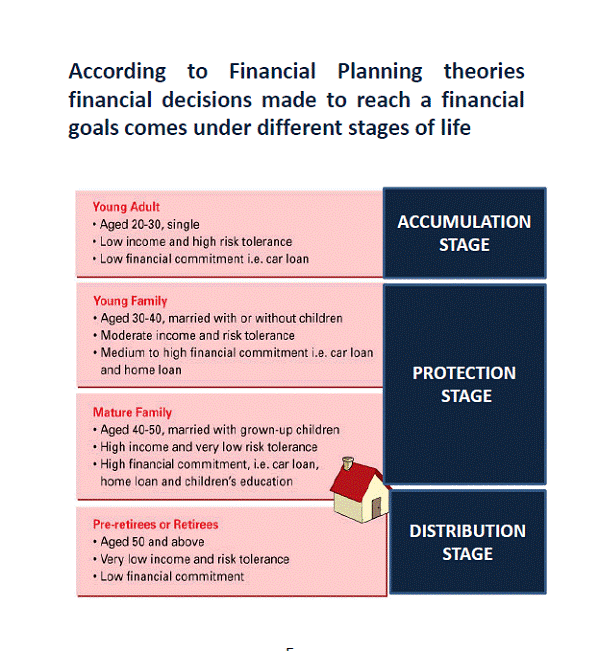 Top
Top

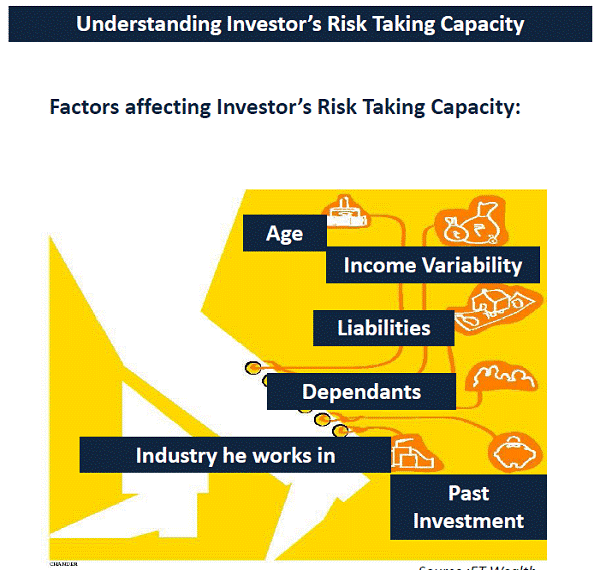
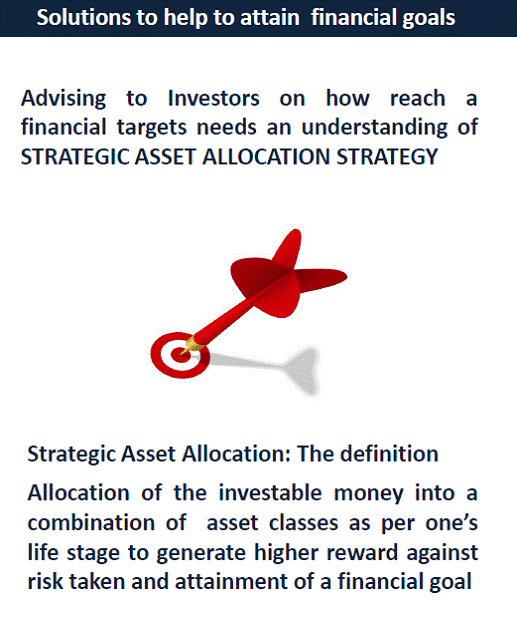
Why Asset Allocation and Why not an Asset?
+ Higher Variability of performance of a single asset
+ Low risk reward with regard to investor’s risk taking capacity

